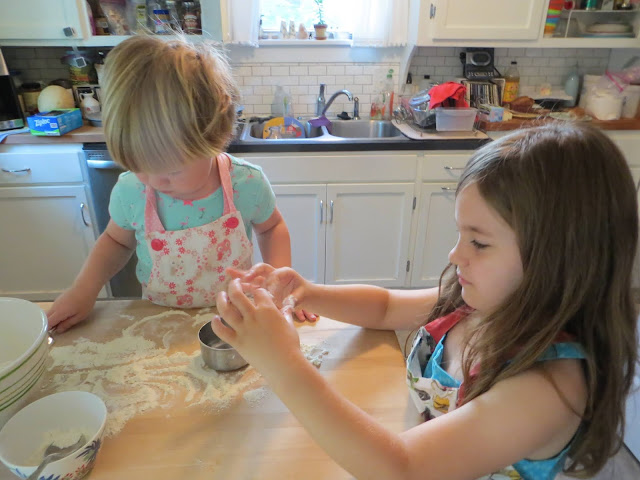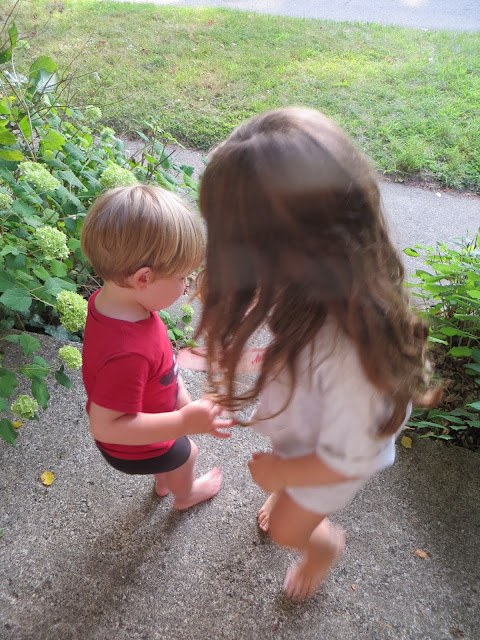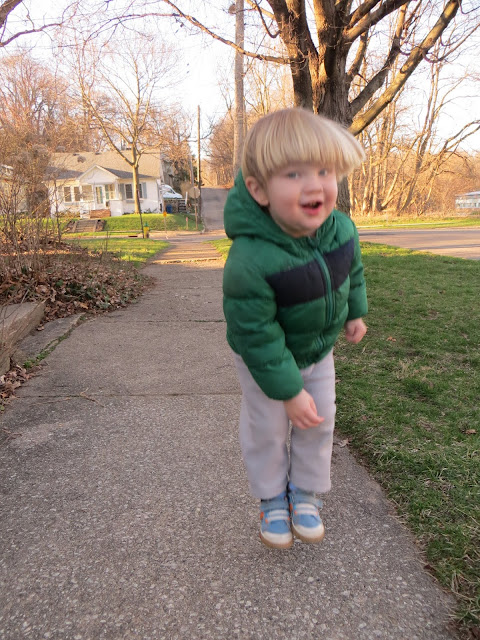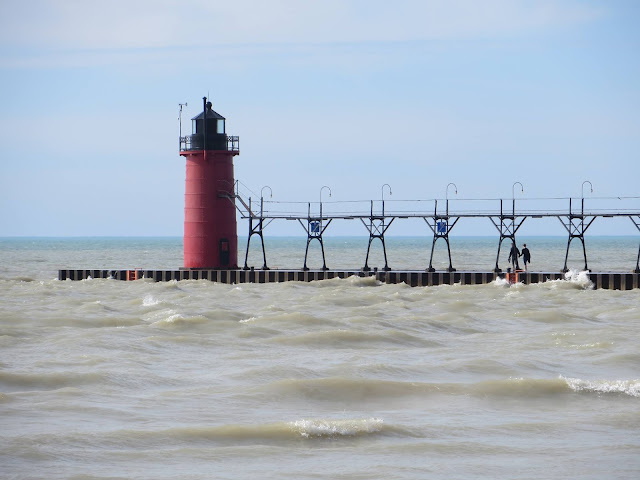It's October, drizzly and cool, the start of beloved blanket time in our house, although I've been known to ensconce myself in fleece on June mornings, trying to capture some sleepy snippet of comfort. In many ways, it's how I spend my hours these days - not ensconced in fleece, sadly, but in pursuit of some reprieve. They are few and far between, these moments, and I know the world feels the same.
I found a few of the predictions made in the film a little dire but, in principle, agreed with almost all the perspectives shared. We are experiencing unprecedented chaos, incivility, and disinformation right now - something anyone with a pulse could tell you - but something I didn't really understand is that it's not an accident. According to the people interviewed - programmers, developers, and Silicon Valley executives, among academics, investors, and veterans of the tech world - these apps were deliberately built on advertising models that reward disinformation, conspiracy theories, and unchallenged niche viewpoints. Scared yet? The more I think about the film, the more I like it, and think it's an important one.
You'll be relieved to know that I put back my file cabinet where it belongs. Barring extreme athletic shenanigans - of which my kids are surely capable - it's no longer in its former, prime, bang-your-noggin locale. The linchpin of my decorating scheme (HA), the cabinet is now a tower of novels, nonfiction, and potty training books, and I'm currently embroiled in a discussion with Tim about whether bookshelves can keep me from setting myself on fire in the middle of my home. The real downer of no longer keeping a file cabinet in the middle of my dining room is that I've been forced to split up a cherished nook, where I previously scrawled tomes at an antique desk, hiding while my children gorged on The Octonauts. The nook housed my print of an old clipper ship titled In Full Sail, which we jokingly call Engorged, and now my poor mighty ship is at the helm of a hulking column of banged-up metal. Le sigh.
I finally read Americanah, the Chimamanda Ngozi Adichie novel that swept the world by storm a few years ago, and really really loved it. It was like sinking into a Henry James novel or something, such lush scenes, taking their time, such minute detail building to such skillful portraits. I loved reading about the narrator's relatives and all that becomes of them over time, and about the changes that peck at Nigeria and the imagined lives of Nigerians abroad. It's a sweet, funny, and, I thought, very moving novel. I can't recommend it enough.
I also gobbled up The Fixed Stars, Molly Wizenberg's new memoir about divorce, falling in love with women, and making her way as a single mom. When I read her second book, Delancey, about her husband starting a restaurant when Wizenberg wasn't entirely sold on the idea, all I could think was, Uh-oh. I was sad for everyone. It seemed like a situation ripe for falling apart, and The Fixed Stars explores what happened when Wizenberg woke up to her own unhappiness. I'm not saying it was pre-ordained, though I have heard that the restaurant business is rough on families, but I just felt, reading this book, that I was in the presence of someone who was doing a lot of work on herself, asking very hard questions and answering them honestly. It was like standing in a strong, cold, healing wind, and I adored it.
I read a beautiful portrait of poet Jericho Brown by one of my favorite magazine writers. At first I was just like, Those pictures!! Such drama in the garden!! Who is this person?
 |
photo: Audra Melton for Garden & Gun |
I couldn't nail those antics if I'd had seven beers. Then I read the piece and was like, okay, wow this guy sounds amazing. He calls friends in the middle of the night to read from what he's writing, and they pick up, because they know how beautiful it will be. And he saves potential lines in baggies, rooms full of tumbleweeds he's typed and sorted by theme which he then makes into poems. I'M IN. I checked out his latest collection, The Tradition and, well, Brown is amazing, and not just for his modeling skillz. He read at a nearby university years ago. Tim went and said Brown was brilliant and gracious, such a pro. So: poets for president? At the very least, I'll take The Tradition's cover as a flag for my home, please:
On a different note, I learned, at the end of August, that a musician I had a lot of admiration for died, probably from a drug overdose, at home by himself in Nashville. I was heavy-hearted for days. RIP Justin Townes Earle.
Speaking of heavy-hearted, I started Morgan Jerkins's new book, Wandering in Strange Lands, about a northerner's exploration of her black family's roots in the south. I would describe Jerkins's writing as more academic or intellectual, but the narrative is driven by personal reflection and I really loved reading about the people she interviewed for her research. I haven't finished the book yet, but I find reading about slave history and de facto historians whose work has been somewhat ignored by state legislature bracing, necessary, and healing in many ways, like reading a travel magazine with all the facts present, all of the ads sent packing. I'm here for this sort of truth-telling, and look forward to reading the rest of the book soon.
In the meantime, we're laundering and grocering and tooth brushing and cooking and Tim is pretending to be a runner and I'm freebasing tumeric while recovering from a mysterious knee injury. Sometimes, sometimes we're breathing. It's a grief-filled time for our country, maybe our whole world, and it's hard work, but maybe necessary, like getting sober. May we find what comforts, what heals. May this chaos be part of the unwinding, so we can choose more consciously how to move forward. May we all keep asking the hard questions. May we find the courage to look at the answers with clear eyes.
XOXO
Foreday in the Morning
by Jericho Brown (from The Tradition)
My mother grew morning glories that spilled onto the walkway
toward her porch
Because she was a woman with land who showed as much by giving it
color
She told me I could have whatever I worked for. That means she was
an American.
But she'd say it was because she believed
In God. I am ashamed of America
And confounded by God. I thank God for my citizenship in spite
Of the timer set on my life to write
These words: I love my mother. I love black women
Who plant flowers as sheepish as their sons. By the time the blooms
Unfurl themselves for a few hours of light, the women who tend them
Are already at work. Blue. I'll never know who started the lie that we
are lazy,
But I'd love to wake that bastard up
At foreday in the morning, toss him in a truck, and drive him under
God
Past every bus stop in America to see all those black folk
Waiting to go work for whatever they want. A house? A boy
To keep the lawn cut? Some color in the yard? My God, we leave
things green.




























































